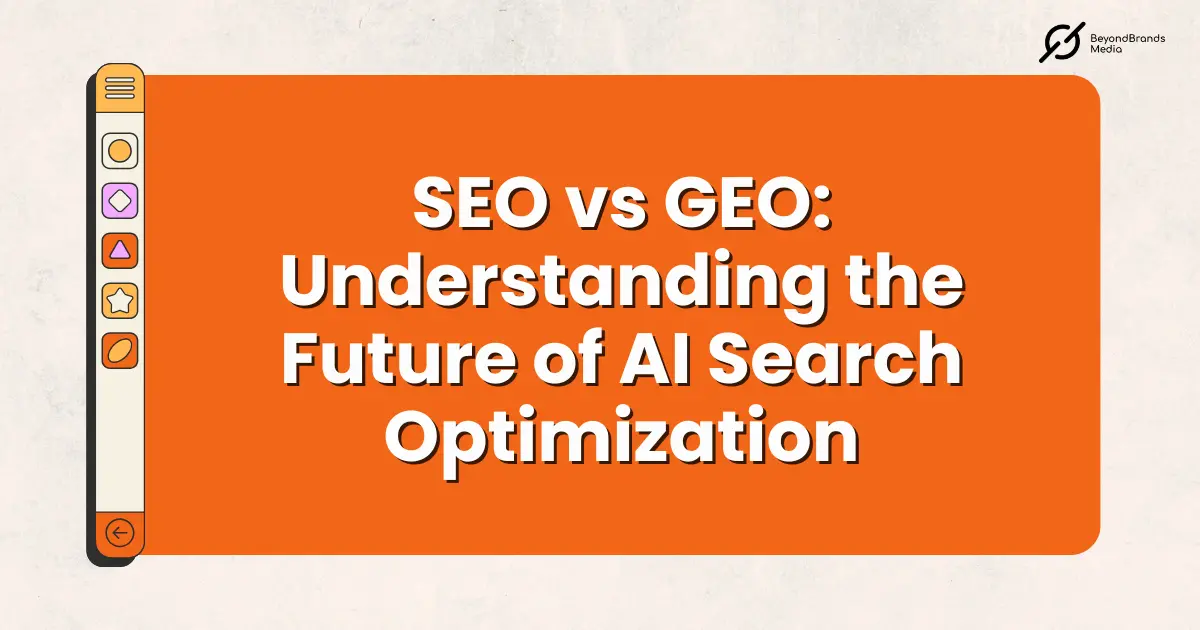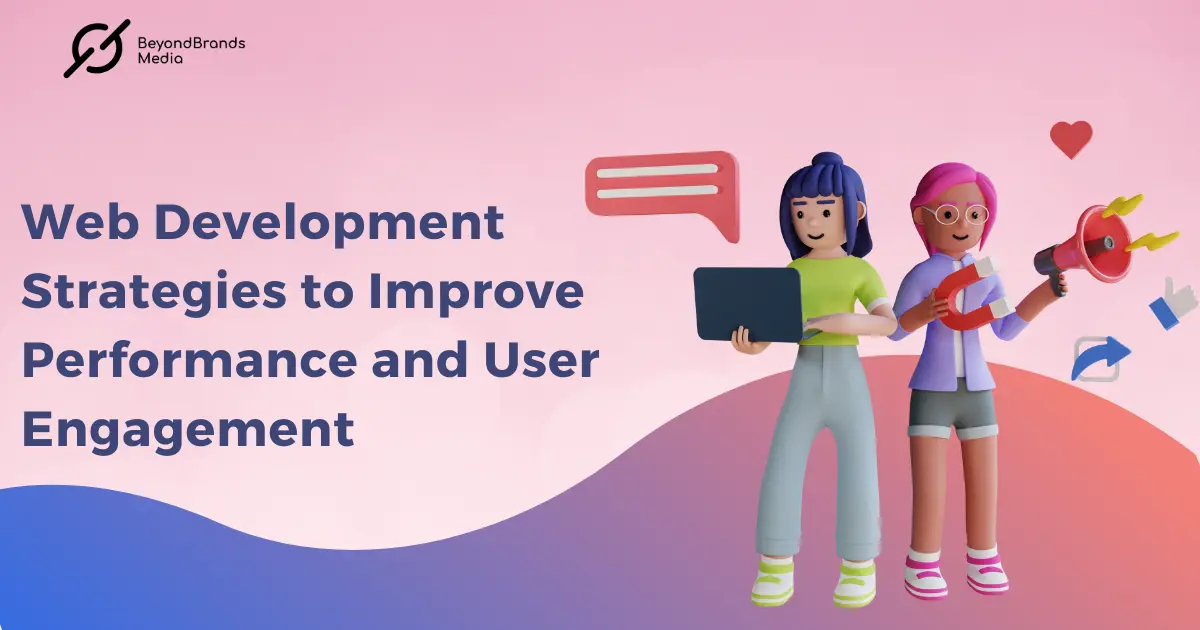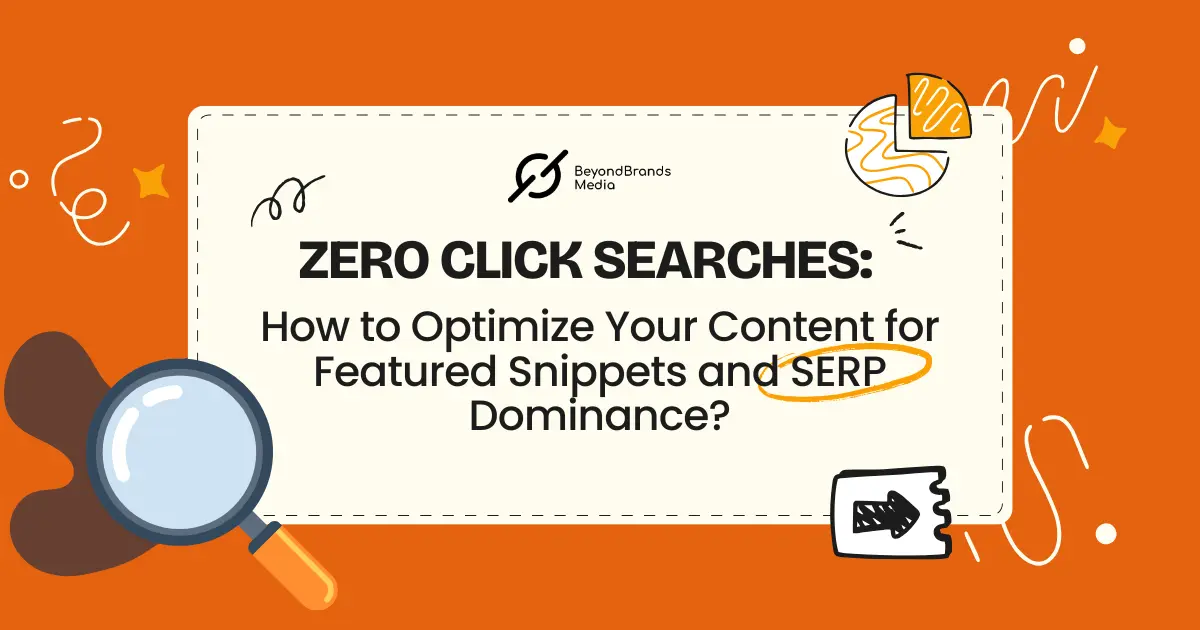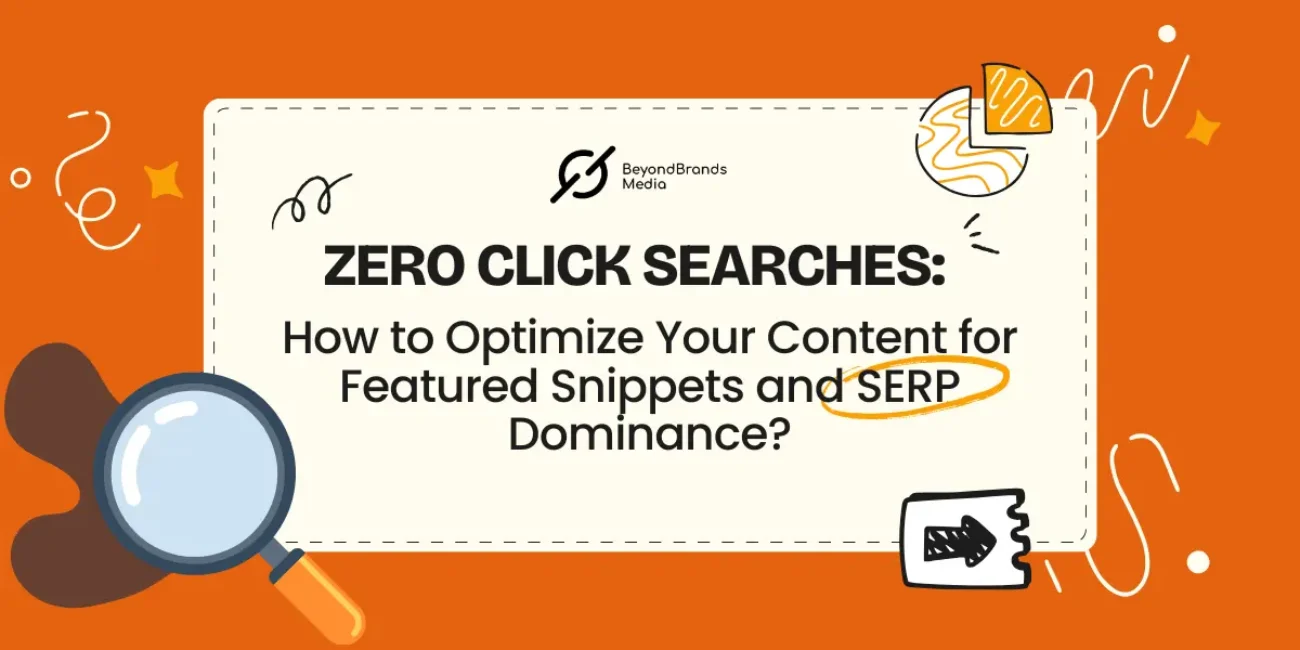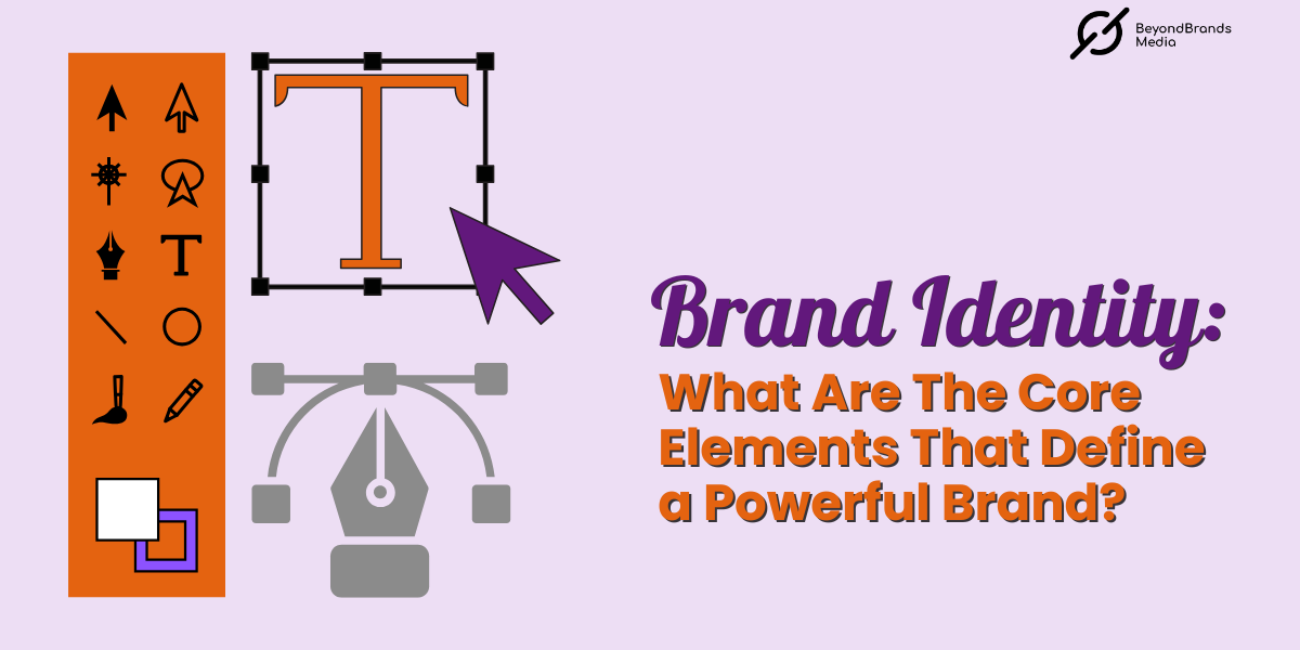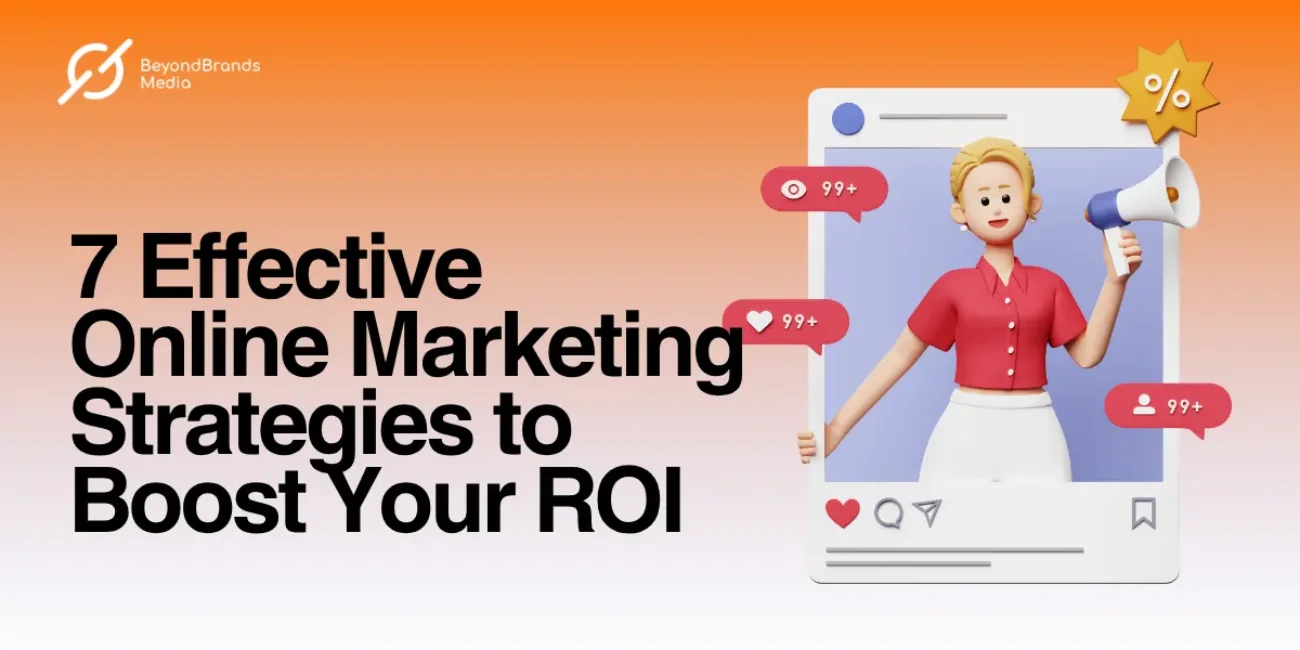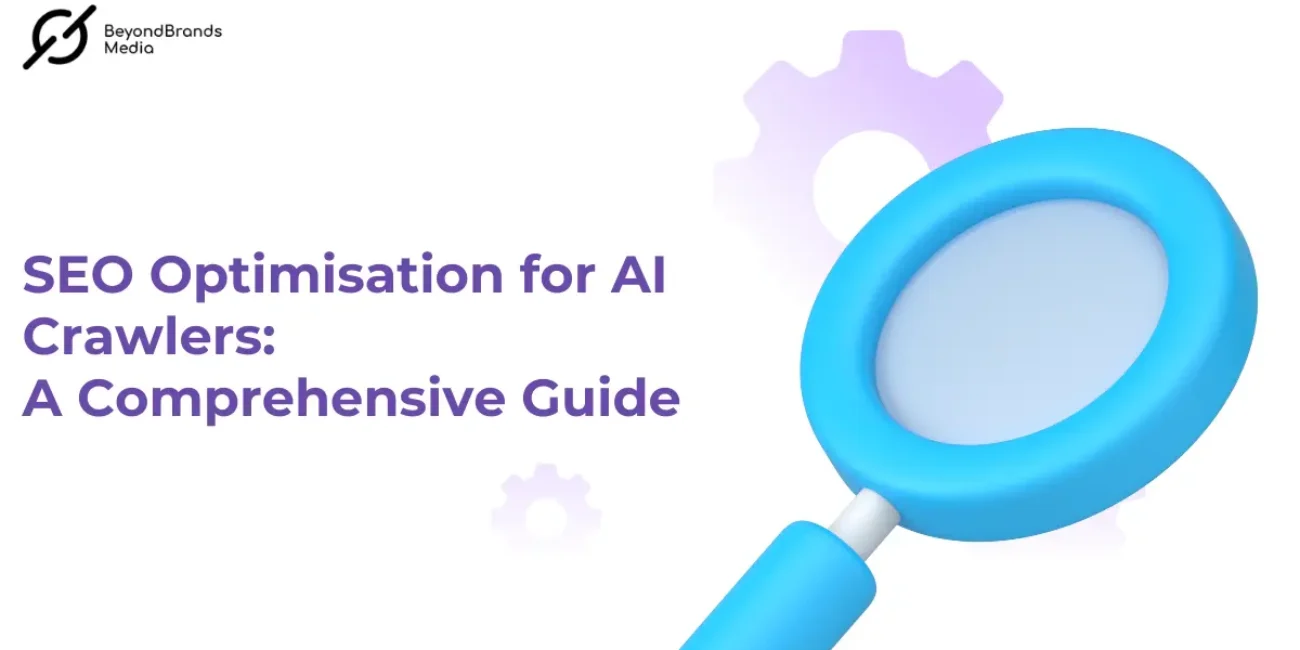With AI search becoming mainstream, the SEO vs GEO rift has surpassed more than being just a marketing buzzword. It’s all about the algorithmic shift in Google rankings in the past few years that led to the extended SEO family. As AI-powered search tools like ChatGPT, Google’s Search Generative Experience (SGE), and Perplexity grow are disrupting the search game, marketers and content creators are beginning to ask: Is GEO the future of SEO? How effectively and strategically are you implementing the new search rules to gain the competitive advantage?
Let’s explore the key differences, how each works, and what the future holds for AI search optimization in this no-fluff guide.
SEO vs AEO vs GEO: Understanding the Basics
SEO (Search Engine Optimization):
SEO, marketers’ most trusted organic search optimization tool to boost a brand’s visibility, driving organic traffic, improving rankings, and ensuring discoverability. Modern marketers still rely on SEO as the basic strategy to compete in saturated digital spaces.
GEO ( Generative Engine Optimization):
GEO, on the other hand, targets audiences based on location-specific data. It helps marketers deliver hyper-local content, personalized offers, and relevant campaigns, which is a part of local SEO, to increase engagement and conversions. In today’s mobile-driven world, GEO optimization is crucial for regional outreach and physical-to-digital customer mapping.
AEO (Answer Engine Optimization):
AEO is the evolved version of SEO that perfectly complements Google’s AI algorithmic shift, focusing on optimizing content to provide instant, comprehensive answers for voice search and AI-driven search engines. It’s vital today, as users increasingly rely on conversational queries, making it an essential modern marketing strategy.
SEO vs GEO: Key Differences
| Feature | SEO | GEO |
| Target Platform | Search engines (Google, Bing) | Generative AI tools (ChatGPT, SGE) |
| Content Goal | Ranking pages | cited in AI-generated responses |
| Optimization Method | Keywords, links, metadata | Natural language, structured data, and factual clarity |
| Visibility Format | Website links in search results | AI-generated answers, snippets, citations |
Why Does GEO Matter in the Age of AI?
AI chatbots and generative search platforms are reshaping how people find information.
For example, when you voice search or even type search, “What’s the best camera for low-light photography?”
Google SGE shows a ‘summarised version of the search result with cited sources’
Even AI like ChatGPT will summarize the answer in a similar pattern, citing sources. If your content is optimized for GEO, you increase your chances of being referenced in that answer.
With AI search tools:
●Users skip the SERP and go directly to the answer.
●Citation-based traffic could replace click-through traffic.
●Topical authority matters more than keyword stuffing.
In this paradigm, traditional SEO alone won’t suffice — GEO will be the game-changer
Future of AI Search: Will GEO Replace SEO?
Not exactly. GEO is not a replacement but a complement to SEO.
Here’s why:
●SEO still drives traffic from classic searches, especially for e-commerce, service providers, and local businesses.
●GEO enhances visibility in AI-generated platforms where direct citations, summaries, or answer boxes appear.
Together, SEO and GEO form a hybrid strategy that adapts to both humans and machines.
As generative search engines like Google’s SGE evolve, content creators must integrate both SEO and GEO tactics to remain competitive.
How to Prepare for GEO: Actionable Tips
Remember, adapting to a new trend comes with its share of struggles and challenges, and so it’s important to partner with a reputed and modern-day digital marketing agency in Bangalore to gain an unbeatable competitive advantage. Here we share some tried and tested GEO winning tips to complement the algorithmic search.
1. Use Structured Data (Schema Markup) to help AI models understand your content format and metadata.
2. Answer Questions Clearly and Concisely by using FAQs, how-to guides, and definitions in your content. Think like an AI assistant.
3. Improve Topical Authority by creating clusters of related content around a central theme, so that AI tools recognize your site as an expert source.
4. Provide Accurate, well-cited information as AI engines prefer reliable content that includes external sources and studies.
5. Use conversational headings and subheadings that reflect how real users ask questions.
Final Words:
As AI transforms how users discover content, businesses must adapt strategies that blend traditional search practices with location intelligence. At Beyond Brands Media, we help you stay ahead of the curve by offering tailored solutions that combine both visibility and relevance. If you’re looking to amplify your reach and stay competitive in this AI-powered era, trust the best digital marketing agency in Bangalore to guide your journey. Let innovation lead your growth with Beyond Brands Media.
SEO vs GEO FAQs
Q1. Is GEO going to replace SEO entirely?
No. SEO is still critical for traditional search engines. GEO is an extension that prepares your content for AI-based discovery.
Q2. How can I check if my content appears in AI-generated answers?
Currently, some platforms like Perplexity and Bing Chat show citations. You can also test queries in ChatGPT with browsing enabled and look for references.
Q3. What industries benefit most from GEO?
Industries with high informational queries, like tech, health, finance, and education, mainly benefited. Plus, local services and e-commerce can also leverage GEO to improve brand visibility in AI platforms.
Q4. Are GEO strategies different from voice search optimization?
They’re related. Both focus on natural language and intent-based queries. GEO goes further by optimizing for AI comprehension and citation.

